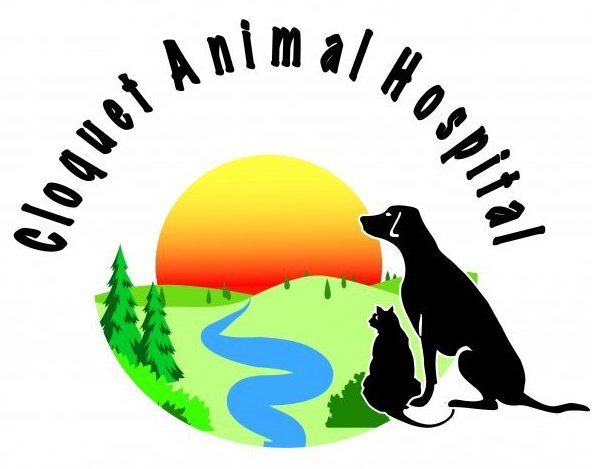At Cloquet Animal Hospital, we are excited to celebrate National Pet Dental Health Month by sharing some helpful tips for taking care of your pet’s dental needs. We’ll discuss the importance of dental health, when to seek veterinary care, and what steps you can take to help your pet.
The Importance of Dental Health
Dental health is an important indicator of your pet’s overall wellbeing. While many pet owners think of dental health as a localized problem, dental disease can have significant impacts on other aspects of your pet’s health.
The tartar and plaque on your pet’s teeth is an ideal breeding ground for dangerous bacteria. This bacteria can spread below the gum line compromising the structures supporting your pet’s teeth. This can cause teeth to become loose and even fall out. As a result, your pet may experience pain and difficulty eating. This can lead to weight loss and prevent your pet from getting the essential nutrients they require.
Unfortunately, bacteria can also enter your pet’s blood system and spread to other parts of the body. Over time, this can cause significant damage and infection to organs such as the heart, liver, and kidneys.
Improving Your Pet’s Dental Health
Good dental health starts with establishing healthy habits at home. The most important thing you can do is brush your pet’s teeth daily. While we understand this can be challenging with some pets, the more frequently you brush, the more comfortable your pet will get.
There are a variety of toothbrushes available to make brushing your pet’s teeth easier. Some are angled to provide easier access to hard-to-reach spots in the back of your pet’s mouth. You can also find brushes that slip over your finger, giving you more control of your brush strokes.
The most important thing is to select a brush your pet is comfortable with. If you are having difficulty brushing, we would be happy to review your brushing technique and provide some helpful tips.
When to Seek Veterinary Care
Your pet’s yearly wellness exam is an essential part of staying on top of your pet’s dental health. During your appointment, our veterinarians will assess your pet’s oral health and look for signs of dental disease.
In addition to a yearly exam, we also recommend prophylactic dental cleanings. These help keep your pet’s teeth healthy and prevent severe cases of dental disease. Dental cleanings are performed under general anesthesia using a variety of state-of-the-art equipment. Our veterinary team uses ultrasonic scalers to remove stubborn tartar. We also use x-rays to detect changes in your pet’s teeth that may not be visible to the naked eye.
While regular veterinary visits are important, dental emergencies can occur. Some signs to look for include a sudden change in your pet’s breath, difficulty eating, poor appetite, and red or bleeding gums. If your pet is experiencing any of these symptoms, it’s important to seek veterinary care. Please give us a call so we can help figure out what is going on and provide your pet the care they need.
Final Thoughts
We hope this article has provided some insight into your pet’s dental health needs. If you have additional questions or would like to schedule an appointment, please give us a call at 218-879-9280. While we are excited to celebrate Pet Dental Health Month, we hope this information will encourage you to make your pet’s dental care a priority all year long.
Image credit: Pexels

